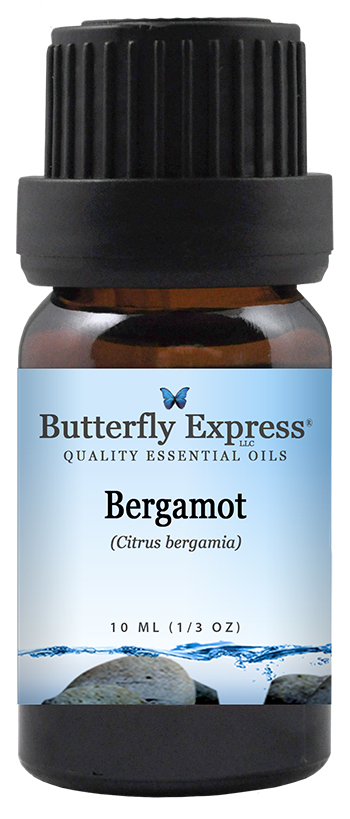Bergamot
(Citrus bergamia)
INGREDIENT IN: LeAcknowledge, LeAustyn, LeBaby Me, LeBeloved, LeConnection, LeDreams, LeEverlasting, LeFaith, LeHeartSong, LeResilience, LeRevitalize
THERAPEUTIC PROPERTIES: anti-inflammatory, analgesic, antiseptic, antispasmodic, disinfectant
AFFINITY FOR: digestive system, endocrine system, hormone balance, metal element, wood element, water element, yang energy, heart chakra
RESONANCE: emotional, physical
PLANT FAMILY: Rutaceae
PART UTILIZED: fruit
EXTRACTION METHOD: cold pressed
APPLICATION: It is always recommended to dilute Bergamot well. Well diluted Bergamot becomes soothing and emollient; not diluted sufficiently, it can be irritating to skin.
AROMATIC CONSIDERATIONS: Bergamot is a sweet smelling citrus oil, with a warm floral scent that is unusual among the citrus oils. Bergamot, diffused, is said to repair the aura and make one feel young at heart.
EMOTIONAL - SPIRITUAL - MENTAL ASPECTS: Because Bergamot has a special affinity for the liver meridian, it encourages the release of anger and pain that is being held back or held deeply in the body. A person needing Bergamot is usually a good listener. They are described by friends and family as cheerful and supportive. Often this cheerfulness is a mask, hiding anger, despair, or depression. It is as though they are carrying the burden of every sad story they have listened to on their own shoulders. They are very angry, but since the stories are not their own they feel they cannot tell them to anyone. The anger they feel becomes repressed and turns inward. The ability of Bergamot to relieve anger, nervous depression, anxiety, and hysteria has been well documented in Europe. Bergamot can help us find peace when our heart hurts for other’s distress.
Bergamot is excellent in any emotional crisis and in convalescing from an illness. Bergamot raises the spirits and brings light into our lives and lightness to dark and weary days. It is often used in treatments for eating disorders.
PHYSICAL ASPECTS: Bergamot has a great many applications for physical healing. Bergamot is used for urinary tract infections, sore throat, cold sores, bronchitis, and varicose veins.
In Italy, Bergamot is commonly used in the treatment of intestinal parasites. Also used in treatments for candida overgrowth and thrush. Bergamot has been shown effective against tuberculosis bacilli. Like all essential oils, Bergamot is antimicrobial. It is particularly destructive of bacteria that live in the mouth.
CAUTIONS: Bergamot should be diluted well and used sparingly. Repeated use of Bergamot can result in extreme contact sensitization.
Bergamot contains bergaptene, which is phototoxic. You should avoid direct sunlight on skin to which Bergamot has been applied. This caution applies to more than just an uncomfortable sunburn. Damage to the nuclei of cells has been documented when skin to which Bergamot was applied was exposed to ultra-violet light. This phototoxicity lasts up to 12 hours after the oil has been applied. Using Bergamot in a blend does not eliminate its phototoxicity. There is no problem using this oil as long as you apply it to areas of the body that will not be exposed to ultra-violet light (sunlight or a tanning bed).
There are Bergamot essential oils available that have had the constituents that create phototoxicity removed. However, these oils lack both aroma and certain therapeutic qualities.
©Copyright Butterfly Expressions 2020, 2021

